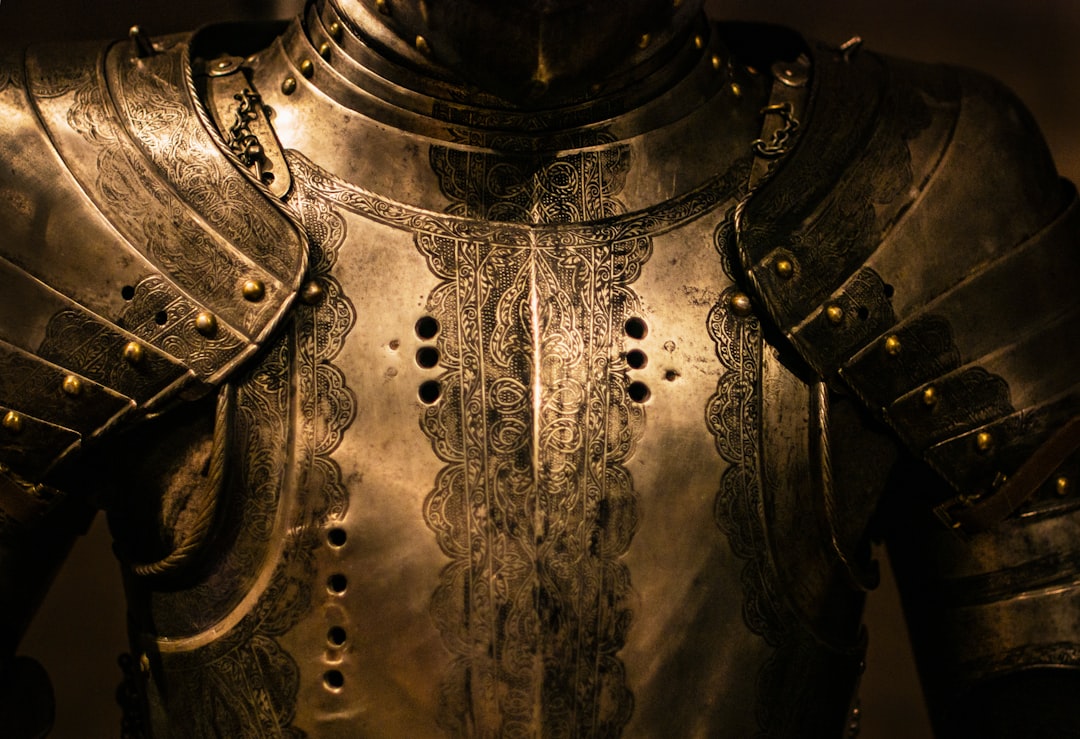June 27: Isaiah 59
Deuteronomy 32; Psalm 119:121–144; Isaiah 59; Matthew 7

The people of God, though disciplined by conquest and deportation to Babylon, have not changed (1-15). Truth and justice cannot be found (14-15). How much of their decline could describe the modern west? Though the times change, the human heart - and its desperate wickedness - do not.
This displeased God (15b). The Hebrew is literally “it was evil in His eyes”: God became righteously angry. So then He did something about it, in constructive love. God’s loves His people too much to leave them wandering, like a sheep with no shepherd. So He came Himself - “his own arm brought salvation” (16). Isaiah is prophesying here in the common method of describing a future event as if it’s already happened.
He will send a Redeemer to Zion, to His people (20), and this Redeemer will wear the implements of war: the breastplate of righteousness and the helmet of salvation (17). God’s Redeemer will cause God’s people to turn from their sins (20b). And he will accomplish this by his word (21), just as God created all things in the beginning, by speaking life into existence.
Who is this Redeemer? He has offspring (21), and his word never departs from them. Thus this Redeemer is also the Servant, the singular Israel, the Sin-Bearer of chapter 53. His word sustains his offspring - and their children after them (21). And these offspring demonstrate the family likeness by imitating him. See Ephesians 6:13-17.

